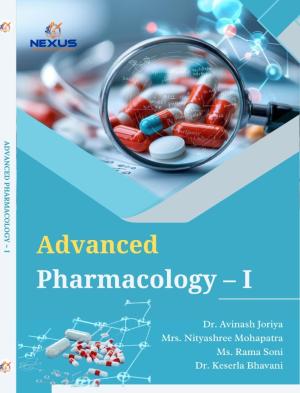AUTOCOID PHARMACOLOGY
Synopsis
Autacoids are biologically active substances that act like local hormones, produced and released by tissues in response to physiological or pathological stimuli. Unlike classical endocrine hormones, autacoids exert their effects near their site of synthesis and are rapidly degraded, ensuring localized action. They play critical roles in inflammation, allergy, pain modulation, vascular tone regulation, and smooth muscle activity.
Major classes of autacoids include:
- Biogenic amines: Histamine, serotonin
- Polypeptides: Bradykinin, substance P
- Lipid-derived mediators: Prostaglandins, leukotrienes, thromboxanes
- Gaseous mediators: Nitric oxide
Pharmacological modulation of autacoids involves antihistamines, serotonin receptor agonists/antagonists, NSAIDs, and leukotriene inhibitors, which are widely used in treating conditions like asthma, migraines, allergic reactions, peptic ulcers, and cardiovascular disorders.
Understanding autacoid pharmacology is essential for developing targeted therapies that manage localized tissue responses without systemic side effects.
Downloads
Volume
Pages
Published
License

This work is licensed under a Creative Commons Attribution-NonCommercial-NoDerivatives 4.0 International License.





